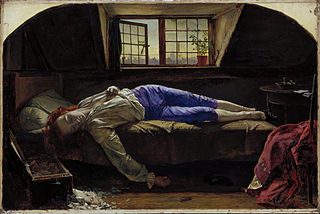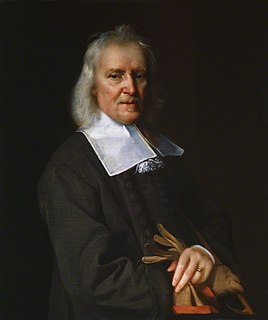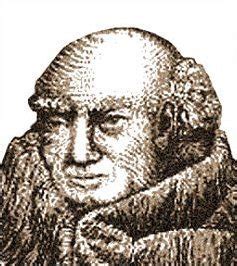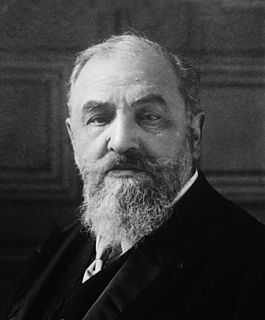A Quote by Jonathan Swift
How often do we contradict the right rules of reason in the whole course of our lives! Reason itself is true and just, but the reason of every particular man is weak and wavering, perpetually swayed and turned by his interests, his passions, and his vices.
Related Quotes
Man is an Animal, formidable both from his Passions and his Reason; his Passions often urging him to great Evils, and his Reason furnishing Means to achieve them. To train this Animal, and make him amenable to Order; to inure him to a Sense of Justice and Virtue, to withhold him from ill Courses by Fear, and encourage him in his Duty by Hopes; in short, to fashion and model him for Society, hath been the Aim of civil and religious Institutions; and, in all Times, the Endeavour of good and wise Men. The aptest Method for attaining this End, hath been always judged a proper Education.
Brahma was excessively sparing with earth, water, and fire.... The reckless expenditure of air and ether in his composition was amazing. And, in consequence, he perpetually struggled to outreach the wind, to outrun space itself. Other animals ran only when they had a reason, but the Horse would run for no reason whatever, as if to run out of his own skin.
Nature in causing reason and the passions to be born at one and the same time apparently wished by the latter gift to distract man from the evil she had done him by the former, and by only permitting him to live for a few years after the loss of his passions seems to show her pity by early deliverance from a life that reduces him to reason as his sole resource.
As long as the reason of man continues fallible, and he is at liberty to exercise it, different opinions will be formed. As long as the connection subsists between his reason and his self-love, his opinions and passions will have a reciprocal influence on each other, and the former will be objects to which the latter attach themselves.
My conclusion is that there is no reason to believe any of the dogmas of traditional theology and, further, that there is no reason to wish that they were true. Man, in so far as he is not subject to natural forces, is free to work out his own destiny. The responsibility is his, and so is the opportunity.
Many able Gardeners and Husbandmen are yet Ignorant of the Reason of their Calling; as most Artificers are of the Reason of their own Rules that govern their excellent Workmanship. But a Naturalist and Mechanick of this sort is Master of the Reason of both, and might be of the Practice too, if his Industry kept pace with his Speculation; which were every commendable; and without which he cannot be said to be a complete Naturalist or Mechanick.
For authority proceeds from true reason, but reason certainly does not proceed from authority. For every authority which is not upheld by true reason is seen to be weak, whereas true reason is kept firm and immutable by her own powers and does not require to be confirmed by the assent of any authority.
To assert that it is possible to establish peace between men of different nations is simply to assert that man, whatever his ethnical background, his race, religious beliefs, or philosophy, is capable of reason. Two forces within the individual contribute to the development of his conscience and of his morality: reason and sensitivity.
The only way your powers can become great is by exerting them outside the circle of your own narrow, special, selfish interests. And that is the reason of Christianity. Christ came into the world to save others, not to save himself; and no man is a true Christian who does not think constantly of how he can lift his brother, how he can assist his friend, how he can enlighten mankind, how he can make virtue the rule of conduct in the circle in which he lives.
Madness is consistent; which is more than can be said for poor reason. Whatever may be the ruling passion at the time continues equally so throughout the whole delirium, though it should last for life. Madmen are always constant in love; which no man in his senses ever was. Our passions and principles are steady in frenzy; but begin to shift and waver, as we return to reason.
I join cordially in admiring and revering the Constitution of the United States, the result of the collected wisdom of our country. That wisdom has committed to us the important task of proving by example that a government, if organized in all its parts on the Representative principle unadulterated by the infusion of spurious elements, if founded, not in the fears & follies of man, but on his reason, on his sense of right, on the predominance of the social over his dissocial passions, may be so free as to restrain him in no moral right, and so firm as to protect him from every moral wrong.






































